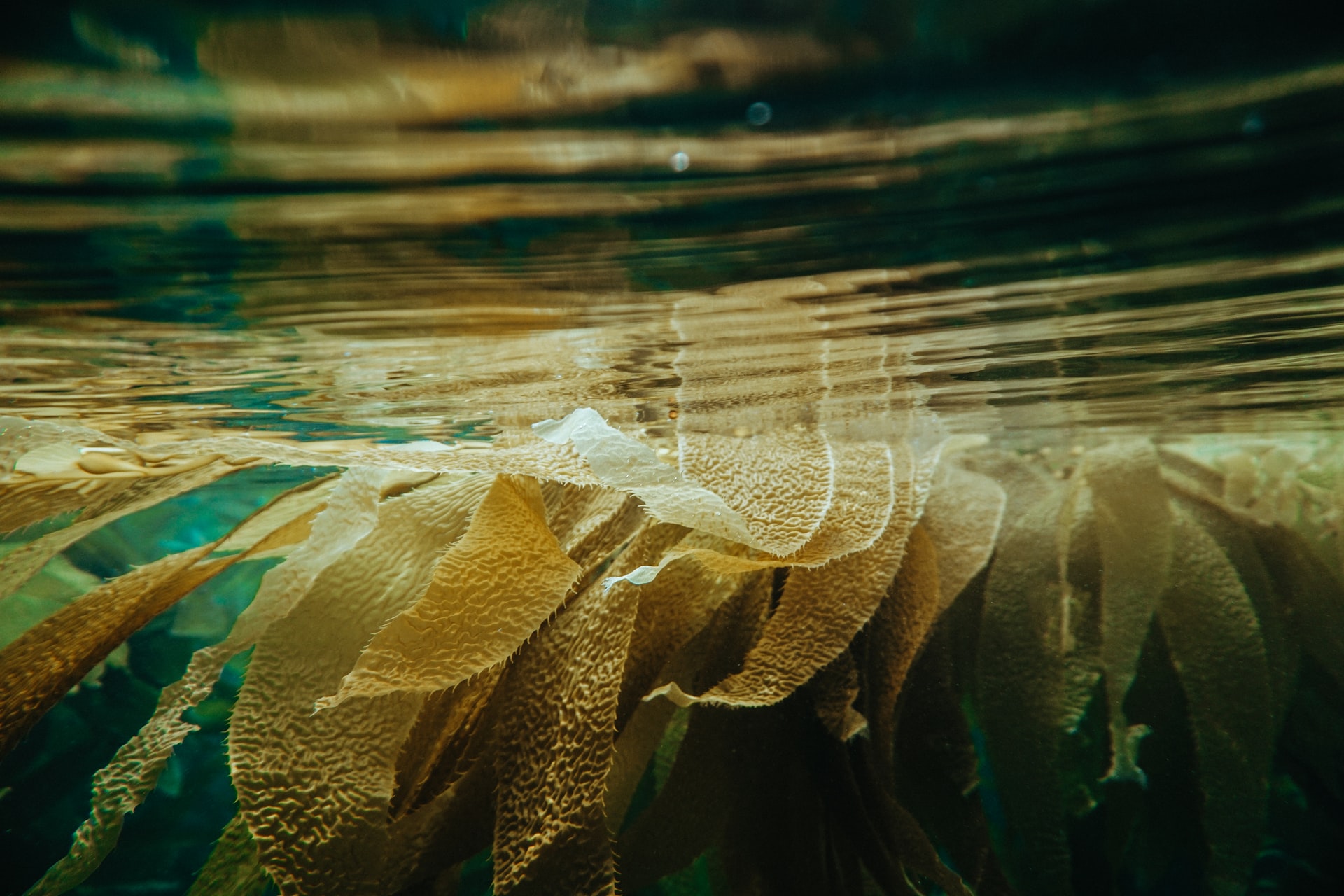
According to the Intergovernmental Panel on Climate Change (IPCC), addressing carbon emissions from our food sector is absolutely essential to combating climate change. While land and agriculture took center stage in the panel’s most recent report, missing was how the oceans at large could help in that fight.
Seaweed, perceived by some as little more than marine debris on the beach, could be a new player in the effort to mitigate climate change. So say researchers at UC Santa Barbara, who investigated the carbon offsetting potential of seaweed aquaculture.
“It’s not a silver bullet, nor an industry that exists yet,” said Halley Froehlich, an assistant professor in the Department of Environmental Studies and in the Department of Ecology, Evolution and Marine Biology. “But it has huge potential.” Froehlich is lead author of a first-ever global assessment of seaweed aquaculture’s carbon sequestration scaling potential, which appears in Current Biology.
According to Froehlich and co-authors Jamie Afferbach, Melanie Frazier and Benjamin Halpern from the National Center for Ecological Analysis and Synthesis, who synthesized diverse datasets from scientific literature, seaweed aquaculture could indeed be a powerful new way to sequester carbon. The process would involve cultivating seaweed and harvesting it for the purpose of sinking the algae in the deeper ocean, where the carbon stored in its tissues would remain ‘buried.’
“We really wanted to know if it could be beneficial, but also be realistic about its potential,” Froehlich said of the research, which they bounded with constraints including nutrients, temperature and geographic suitability, as well as assessed production growth and cost. The researchers also investigated the mitigation potential on various scales with a focus on the food sector — a major source of greenhouse gases and considerable hurdle to fight climate change.
There is substantial suitable area — roughly 48 million square kilometers — in which seaweed could be farmed, and a relatively small proportion (0.001%) would be enough to render the entire global aquaculture industry carbon neutral, according to the study.
Read the full story at: The UCSB Current
Credit: Sonia Fernandez




